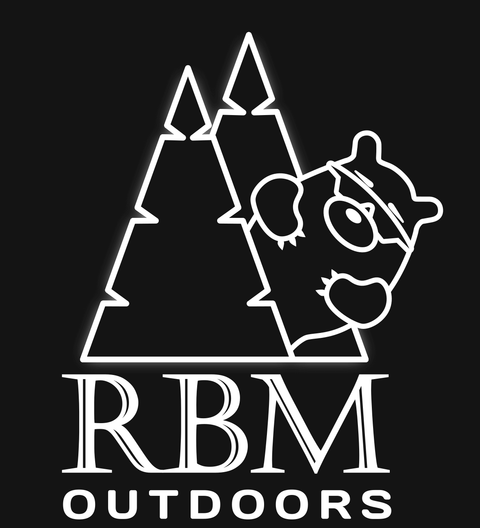Contents
AISI 430 - stainless steel for camping wood stoves manufacturing.
Characteristics and features
Experienced campers, fishermen, and hunters know how important it is to correctly organize a comfortable camp for a lengthy stay. One of the most important elements of a camp is a good stainless steel tent wood stove. The stove’s quality and weight depend on the steel used to manufacture it.
"Bereg" wood stoves are made from stainless steel AISI 430. Let's look into why this material is preferred for manufacturing tent wood stoves.


Chemical composition and application areas of AISI 430
Stainless steel is a heat and corrosion-resistant iron alloy. Corrosion-resistance is attained because of a thin film of chromium dioxide and other insoluble compounds on the steel’s surface.
The main component of AISI 430 is iron (about 81%). To produce steel, iron is mixed with carbon and alloying additives such as chromium, nickel, manganese, silicon, phosphorus, and others.
|
Chemical element |
Composition, % |
|
Iron (Fe) |
~ 81 |
|
Chromium (Cr) |
16-18 |
|
Carbon (С) |
up to 0,12 |
|
Silicon (Si) |
up to 0,8 |
|
Manganese (Mn) |
up to 0,8 |
|
Nickel (Ni) |
up to 0,01-0,02 |
|
Phosphorus(P) |
up to 0,4 |
|
Sulfur (S) |
up to 0,3 |
Chromium is an alloying additive responsible for temperature difference, tolerance, and corrosion-resistance.
Carbon is responsible for strength and elasticity
Silicon increases strength while maintaining viscosity
Manganese is responsible for resistance to shock loads (impacts)
Characteristics of stainless steel AISI 430

- good plastic deformability and flexibility
- high resistance to mechanical damage
- corrosion-resistance
- high thermal conductivity
Areas of application for steel:
- civil engineering
- construction
- production of kitchen utensils, tables, serving tools, sinks, drains, washing machines parts, drums, and trays for dishwashers, etc.
- car manufacturing
- equipment for stoves and heat exchangers
Argon welding produces a reliable hermetic weld. We use it to weld the bottoms of all stoves and smoke pipe outlets.
Thickness of steel
To manufacture our stoves, we use stainless steel of different thicknesses (from 0.02- 0.04") for different parts of the stoves and depending on the stove model.
Steel of 0.016" thickness is enough to manufacture smoke pipes and protective metal shields. The stove body is manufactured from 0.02”-0.04" steel. Such choices of material provide a balance between stove weight (which is important in camping conditions) and durability.
|
Thickness of steel, inches |
Stove model |
|
0.02 |
Caminus S |
|
0,031 |
Caminus M,L |
|
0.04 |
Vector |
Another important factor in the selection of steel for stove manufacturing is high thermal conductivity. Steel should be capable of quickly warming up and cooling down with a minimum risk of deformation due to abrupt temperature change.
All our stoves are covered by a 3-year warranty against burn-through.








Comments
Otonival Medeiros said:
Moro no Brasil, meu sonho é ter um fogão a lenha desse tipo, é os fogões de vocês, é show de bola,..
Pena eu não poder comprar um…
Parabéns pelo belo trabalho ..!!!
Larry Miller said:
Thank you for making the info illustrative
Orlando Diaz said:
It’s really cool that you guys offer a 3 year warranty. Unfortunately, not all companies do that. Far from it.
Dario Kaiser said:
Should have paid more attention in chemistry at school…
Codie Boone said:
Are Caminus stoves well protected against corrosion?
Jamaal Spears said:
Yes, I have a Caminus M and it’s corrosion-resistant as far as I can tell.